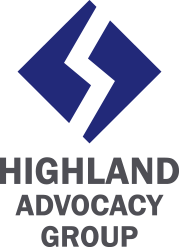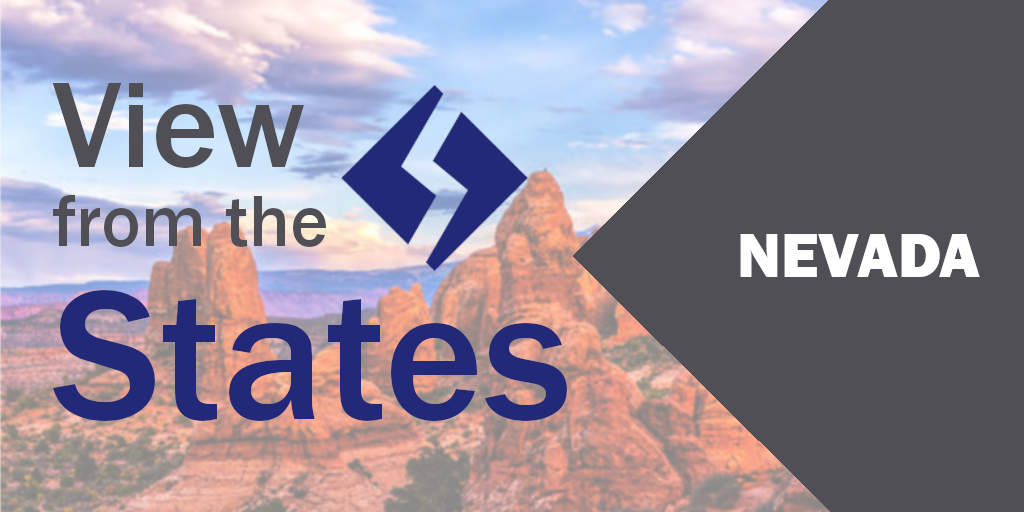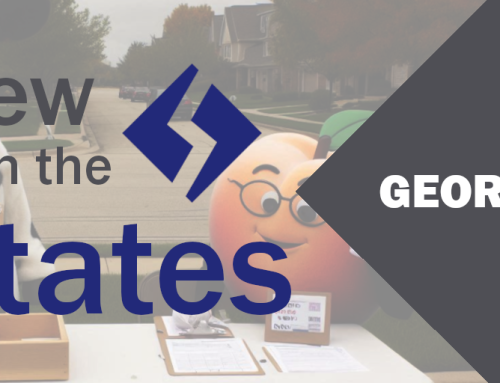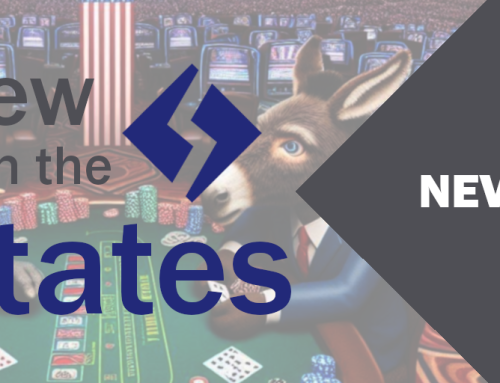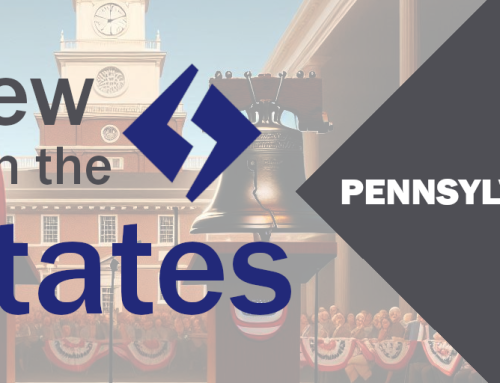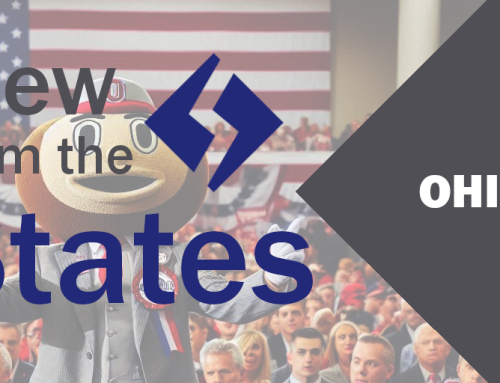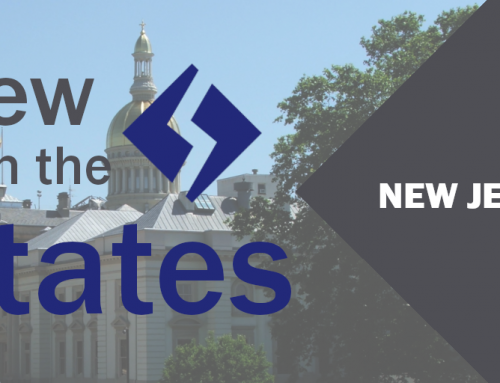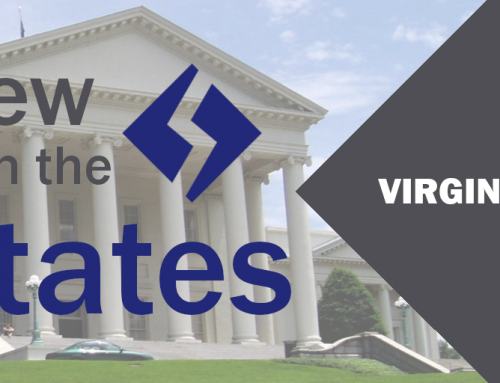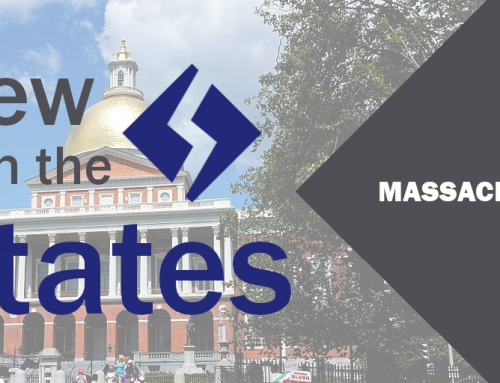Tapping into the expertise and perspective of Highland’s network of over 500 bipartisan, in-state operatives, “View from the States” offers you periodic insights into important local trends often overlooked by Inside-the-Beltway “conventional wisdom.”
In this edition, we take an early look at Nevada, where the echoes of 2016 could affect Democrats fighting for the 2020 nomination.
The Nevada Caucus is scheduled for February 22, 2020. The crowded field gives the third-in-the-nation nominating contest added importance: It will give Iowa and New Hampshire winners an opportunity to cement frontrunner status, and offer candidates on the fringe a chance to climb back into the contender’s circle.
The “Sharps” Pick Biden; Watching Organized Labor
Highland’s Nevada operatives see former Vice President (and now official candidate) Joe Biden as the front runner, thanks to his relationship with former Senator Harry Reid. Reid’s influence goes beyond a mere personal endorsement; his behind-the-scenes help can swing key groups to support Biden.
The former Vice President is the smart bet. But Highland’s operatives note that Senator Kamala Harris – who is from neighboring California – could gain traction. Massachusetts Senator Elizabeth Warren has made frequent visits, has been well-received, and could be a top finisher as well.
With over 200,000 union members (and another 25,000 non-member workers in jobs represented by unions), organized labor will offer an important base of support. Geographically, Clark County is critical: the county, which includes Las Vegas, is home to two-thirds of Nevada’s voters.
State-level Action in Carson City
Nevada has one month left in a 120-day biennial legislative session, which started February 4.
The legislature is considering several tax measures as “pay-fors” to fund education reform. Because the state constitution requires a two-thirds vote for taxes they will face a high bar for passage.
Yet two additional Democratic priorities do not require a supermajority, and our in-state operatives report they are gaining traction: Increasing minimum wage to $15/hour and instituting paid sick leave for workers. Highland’s operatives tell us both will most likely pass this session; Look for the 2020 Democratic field to applaud both measures.
The legislature is also considering criminal justice reform efforts working on issues such as bail reform and decriminalization of marijuana – issues which offer less unity among the Democratic field.
The Un-Fix is In?
But before dealing with 2020, there’s some leftover baggage from the last caucus.
The 2016 Nevada Caucus erupted in chaos (and party leaders received death threats) when supporters of Sen. Bernie Sanders felt ill-treated by the delegate selection process. This time around, Nevada State Democratic Party Chair William McCurdy has promised a “fully transparent” caucus, including the release of candidates’ raw vote totals.
The 2020 caucus could also feature two more major changes: Early voting and virtual participation. Highland’s in-state operatives note that this would appear to give a leg up to well-organized campaigns with the strong ground game to compile votes. Yet they add that there is a cost: Virtual participation could dampen the enthusiastic, live crowds that campaigns use to signal near-frenzied popular support.
Imagine the contrast if a candidate who finishes fifth or sixth gives a raucous concession speech that overshadows the winner’s victory speech, or if President Donald Trump holds a rally in Topeka two nights later. The ill will left over from 2016 makes this scenario possible – and potentially damaging. Given that many activists without professional campaign experience struggle to run a caucus operation, it’s possible for a candidate to win the 2020 Nevada caucus, then lose the ensuing news cycle.
